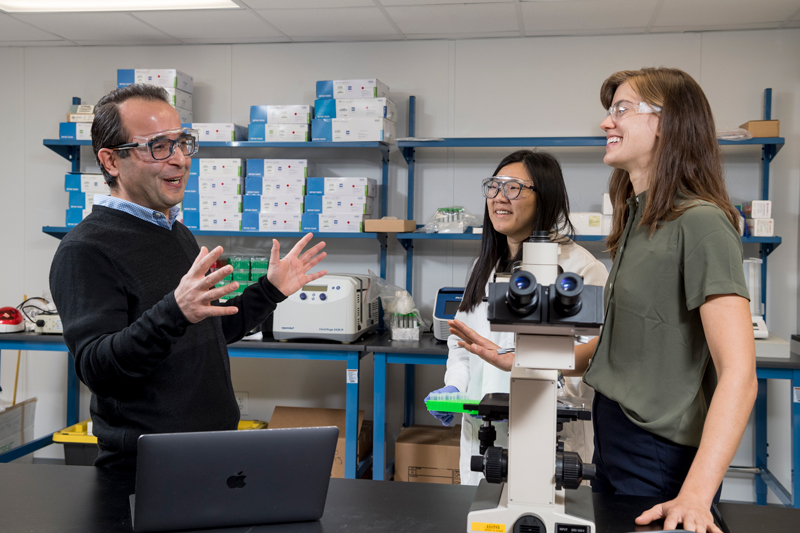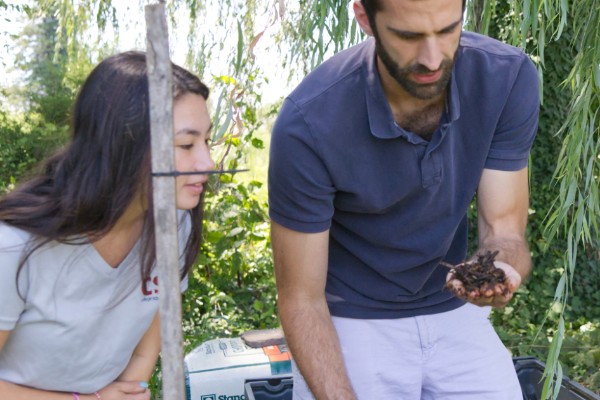
Research and Innovation

Feed the world. Protect the planet.
Extraordinary challenges require extraordinary solutions. For 150 years, the daring innovations of our graduates have shaped the world we know today. Now, we carry on that daring spirit, using cutting-edge technology and scientific advances to envision a better tomorrow.
Explore the exciting research we’re leading and the entrepreneurial ecosystem we’re building.
Explore Current Research
-
Research & Innovation | College of Agriculture & Natural Resources | University of Delaware 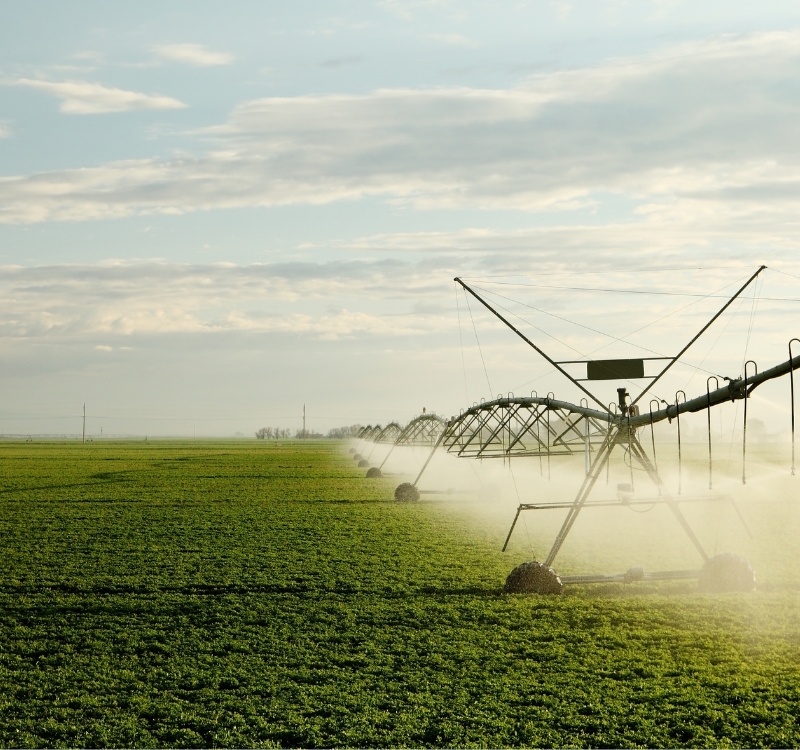
Agricultural and Environmental Management
-
Research & Innovation | College of Agriculture & Natural Resources | University of Delaware 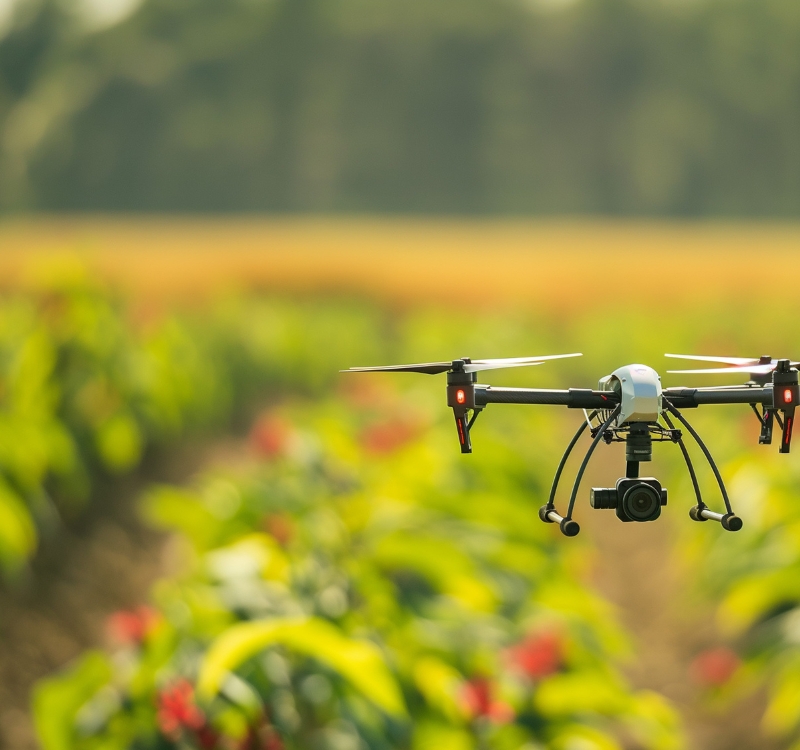
Digital Agriculture, Robotics, and Environmental Sensing
-
Research & Innovation | College of Agriculture & Natural Resources | University of Delaware 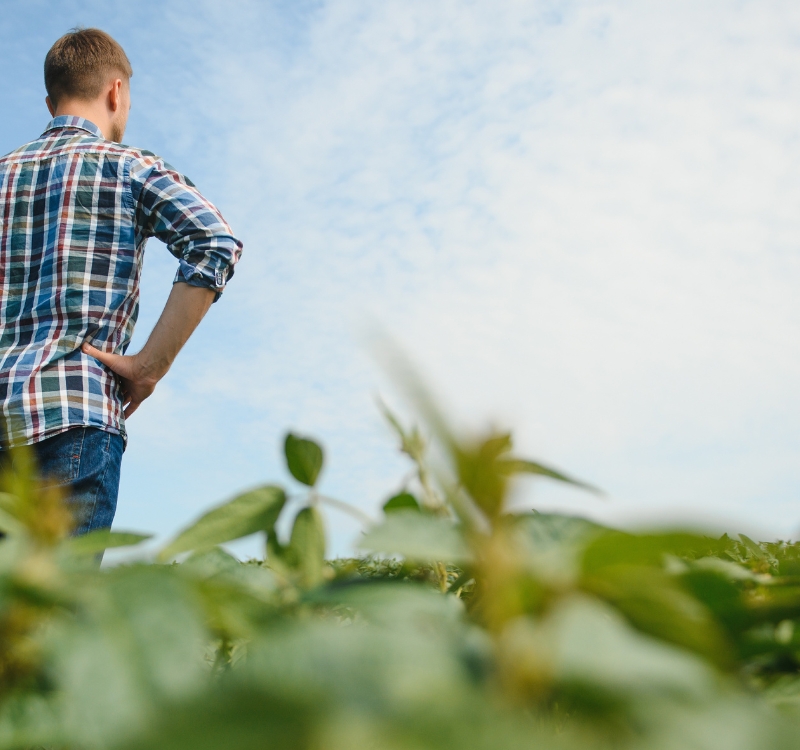
Human Dimensions of Food, Agriculture, and Natural Resources
-
Research & Innovation | College of Agriculture & Natural Resources | University of Delaware 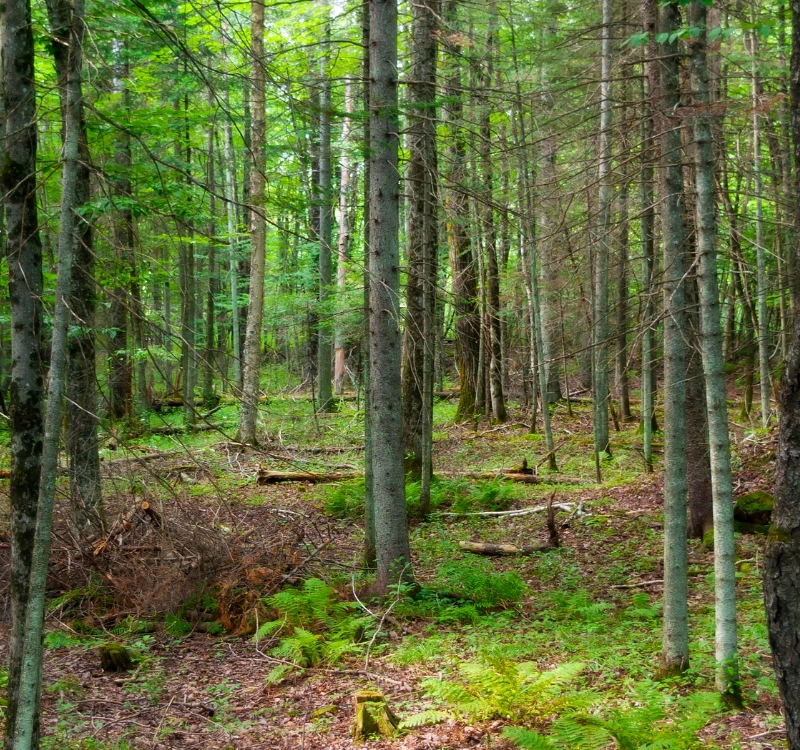
Ecology and Ecosystem Sciences
-
Research & Innovation | College of Agriculture & Natural Resources | University of Delaware 
Data Science and Statistics
-
Research & Innovation | College of Agriculture & Natural Resources | University of Delaware 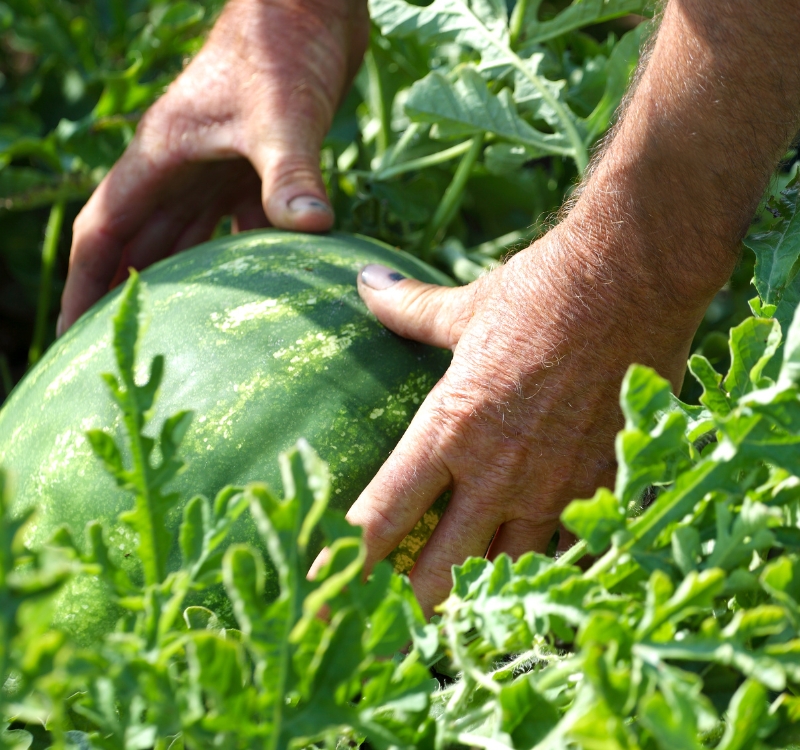
Food Production, Safety, and Policy
-
Research & Innovation | College of Agriculture & Natural Resources | University of Delaware 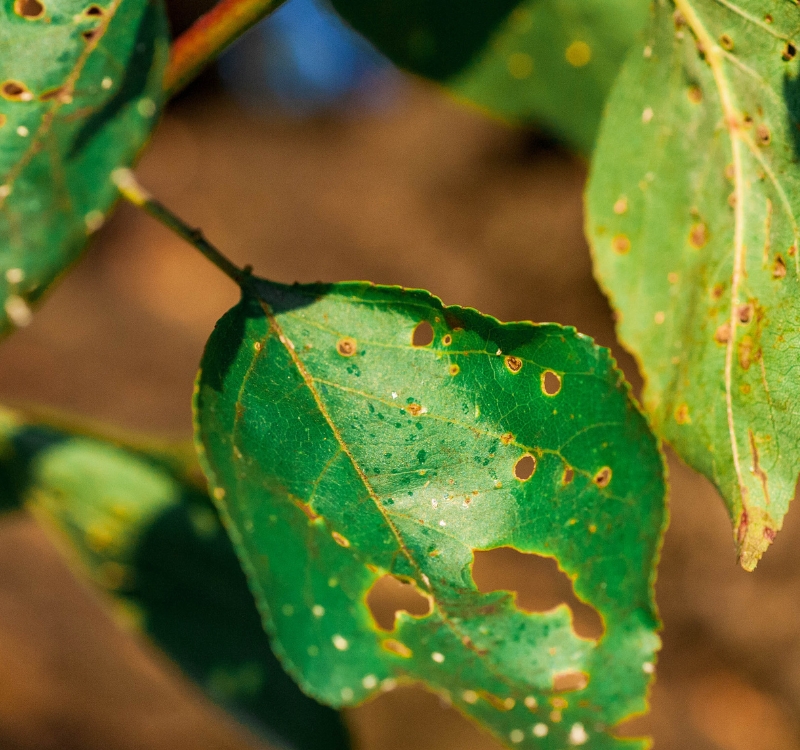
Plant and Animal Health and Disease
University of Delaware tick research aims to understand host specificity of Lyme disease: youtube.com/embed/videoseries?list=com.synechron.udel.models.functions.SubstrAfter
![]()
UD Research Initiatives
In an age of technology and innovation, the future has never looked more exciting.
-
Showcasing research across the College of Agriculture and Natural Resources at the 2025 student symposium
December 03, 2025 | Written by Katie Peikes | Photos by Katie YoungThe University of Delaware College of Agriculture and Natural Resources Fall 2025 Student Research Symposium, in its ninth year, showcased 50 research projects, covering a variety of interests and topics across the college. The annual symposium brings faculty, students and staff together to celebrate the diverse research interests of the college. -
Sticky situation
December 01, 2025 | Written by Katie Peikes | Photos by Kathy F. Atkinson | Photo illustration by Jeffrey C. Chase | Video by Max DuganUniversity of Delaware graduate student Wil Winter is trapping mosquitoes in the wild, enticing them with honey, and tricking them to give up saliva for virus testing. This will help illuminate if disease-causing agents for West Nile Virus and Eastern Equine Encephalitis virus are in the area. The method was developed in Australia. Winter, who also works for the Delaware Department of Natural Resources and Environmental Control, is hoping it can work here. -
A friendly microbial hitchhiker
October 13, 2025 | Written by Katie PeikesIn plants, a healthy bacteria produces an amino acid called ergothioneine that can lower the risk of cardiovascular disease. This bacteria could boost crops’ nutritional value. University of Delaware researchers studied how well Streptomyces coelicolor M145 could enhance ergothioneine levels in spring wheat. The findings suggest there are natural ways to enrich crops’ protein, to help feed the world. -
Cultivating versatility
October 10, 2025 | Written by Molly Schafer | Photos by Michele WalfredAt the University of Delaware Carvel Research and Education Center, Borel Global Fellow Mary Starford Matovolwa studies amaranth’s tolerance to drought and cold in an effort to improve global food security.



